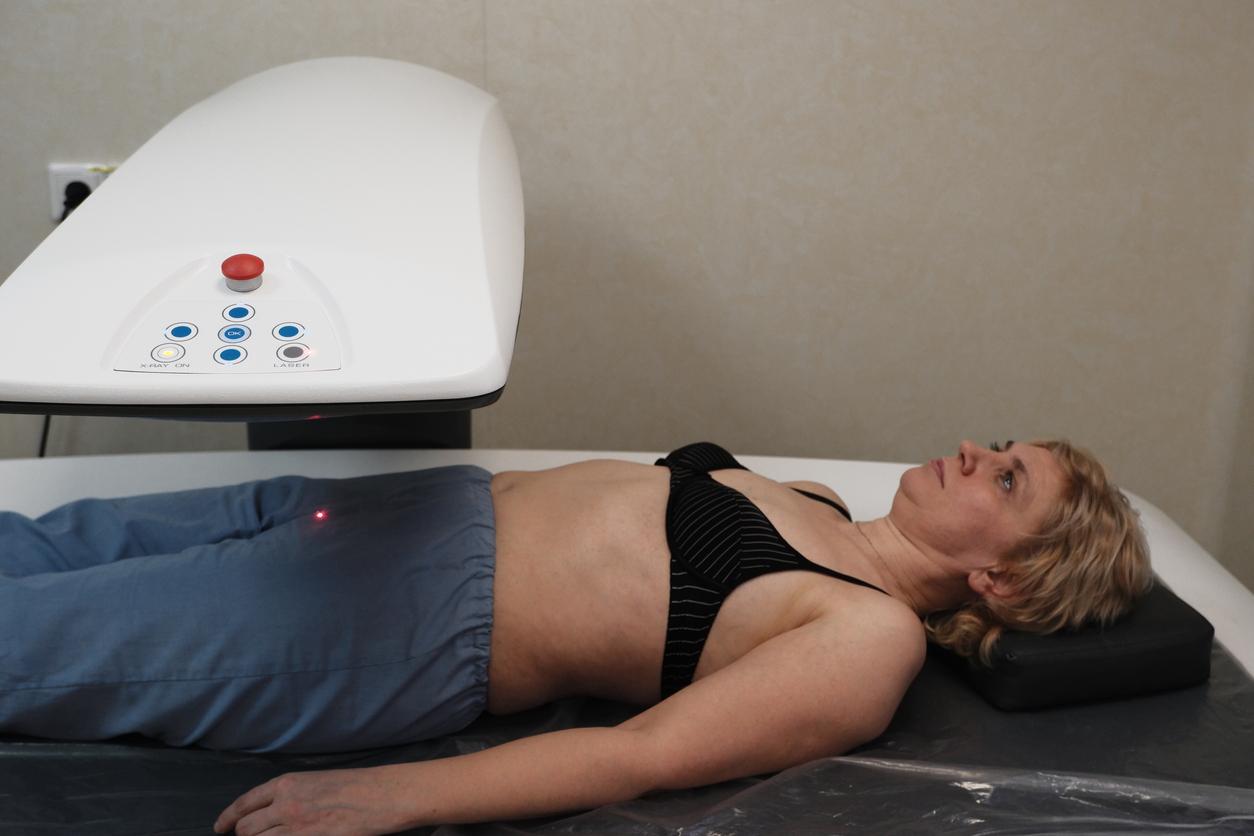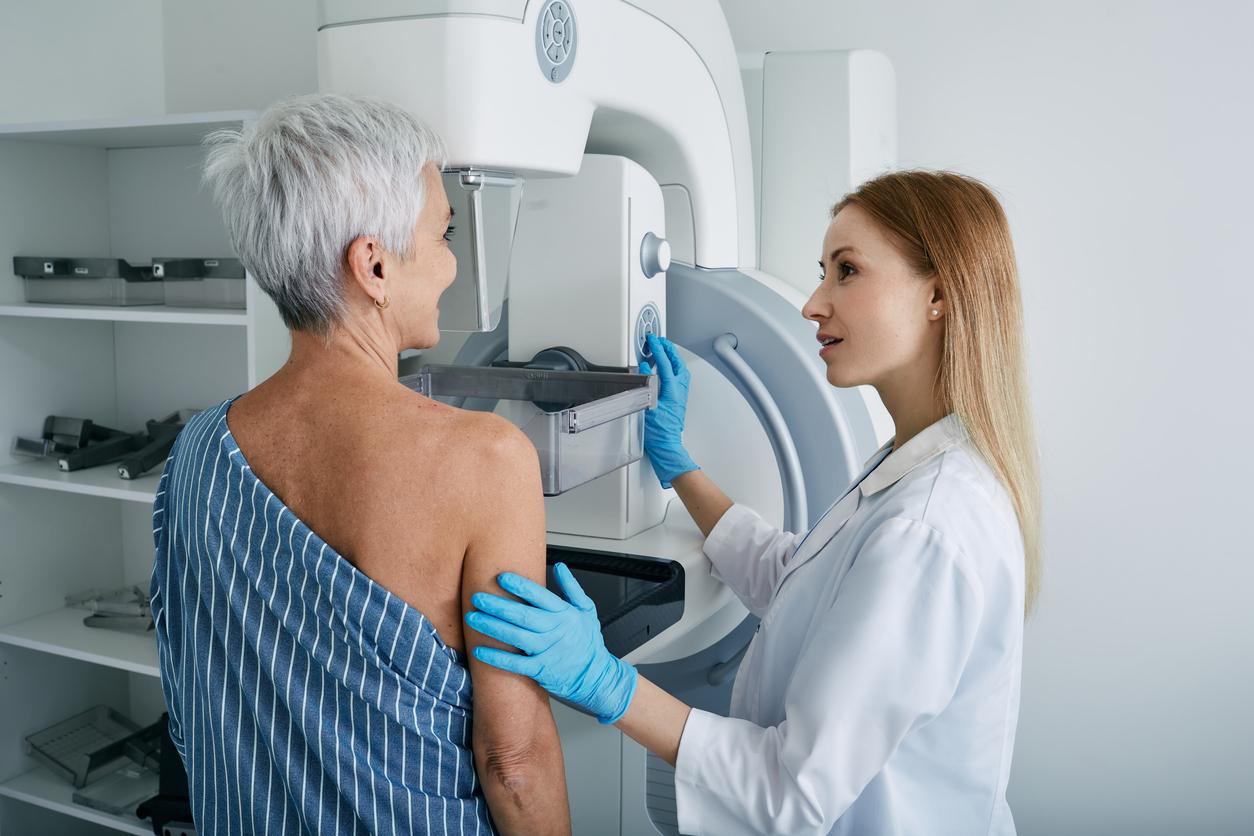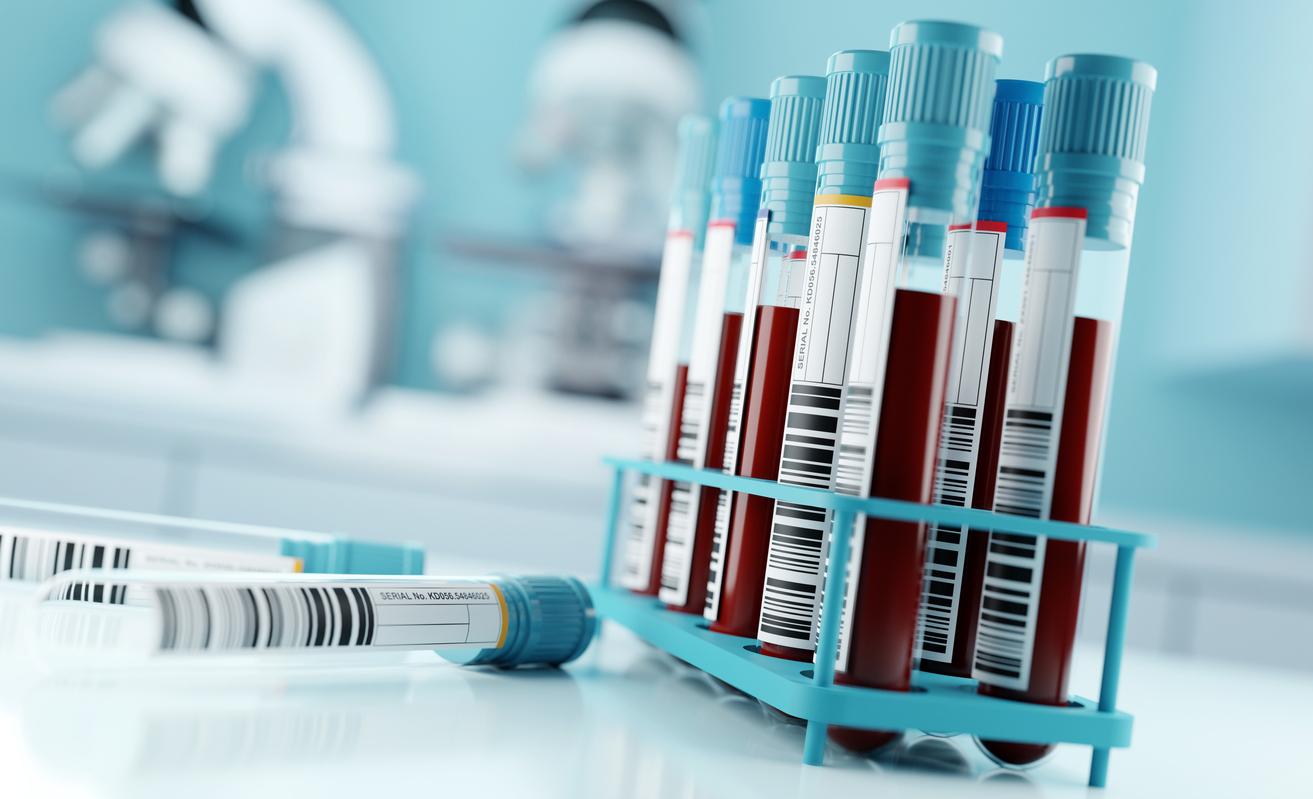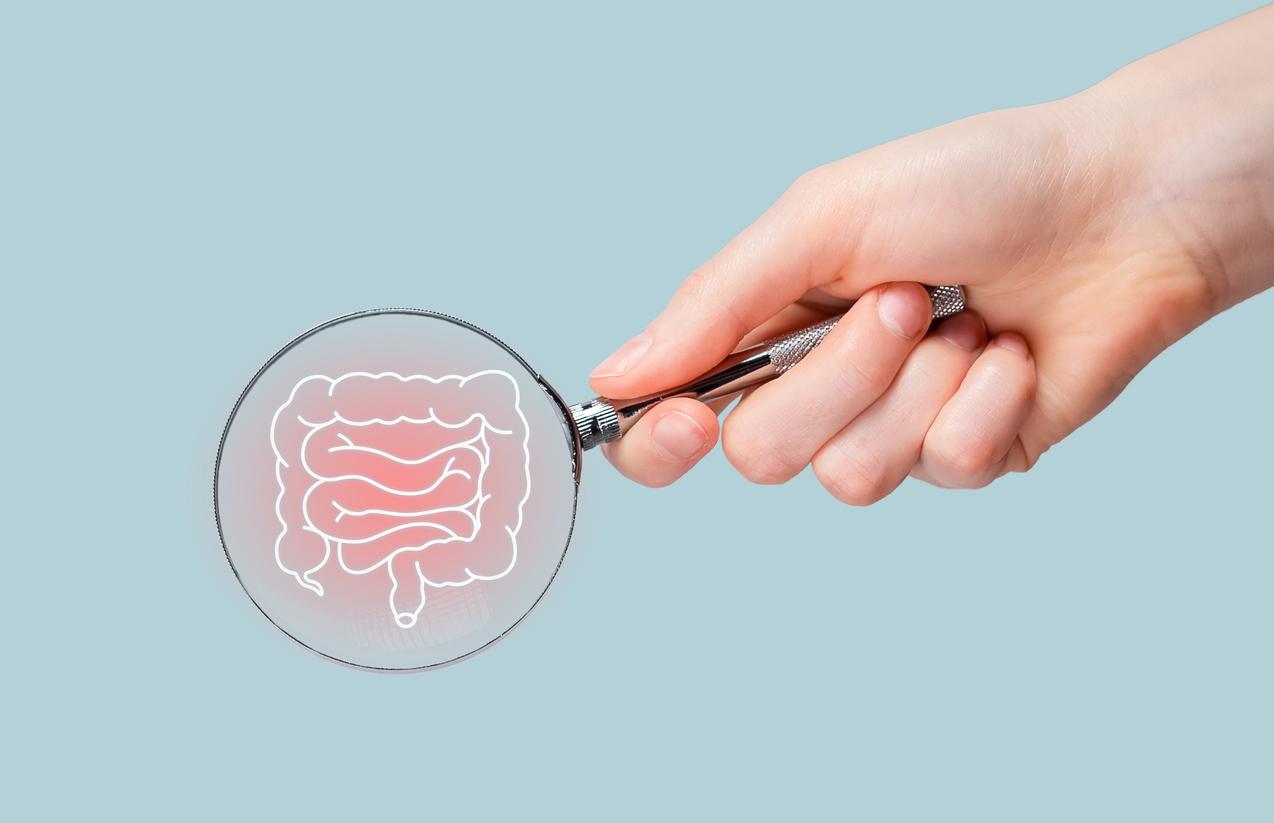A team of researchers has developed a device that could facilitate the screening of heart failure by measuring its biomarkers in saliva.

- In an effort to simplify the screening of heart failure, researchers have developed a device that promises to detect heart failure in just fifteen minutes from a simple drop of saliva.
- The test measures levels of the proteins Galectin-3 and S100A7 in saliva, two biomarkers that have previously been associated with heart failure.
- Eventually, such screening could be administered to “check health status every two weeks instead of every six months currently.”
Affecting more than 1.5 million people in France, heart failure is one of the leading causes of death worldwide, particularly among patients who have limited access to hospitals and specialized centers. Until now, it is usually detected through a blood test administered by a healthcare professional that measures levels of B-type natriuretic peptide (BNP), a protein that indicates that the heart is working too hard and cannot pump enough oxygenated blood around the body.
With the aim of simplifying the screening of heart failure, “from exporting it from the laboratory to the home”researchers from the University of Colorado (USA) have developed a device that promises to detect heart failure in just fifteen minutes from a simple drop of saliva. Their work is to be presented at a congress of theAmerican Chemical Society (ACS) which is currently taking place across the Atlantic.
Measuring biomarkers associated with heart failure
The new saliva test, which could be carried out at home, is a prototype biosensor “intuitive and inexpensive”called in English electrochemical capillary-driven immunoassay (eCaDi), according to a press releaseIt measures levels of Galectin-3 and S100A7 proteins in saliva, two biomarkers that have already been associated with heart failure.
“Very easy to assemble”the single-use device is made of layers of clear, flexible plastic with fiberglass reagent pads between them containing compounds that react with saliva and measure galectin-3 and S100A7 when an electrical current is applied to the device.
More frequent screening for heart failure
Experienced on “standardized samples of human saliva”the eCaDI was able “accurately detect the amounts of Galectin-3 and S100A7 in saliva”explain the researchers. This study is, according to them, “a first step towards a robust and non-invasive electrochemical sensor for heart failure biomarkers”. Eventually, such screening could be administered by the patient himself to “check your health every two weeks instead of every six months” Currently.
As a next step, the team of scientists plans to test eCaDI on humans in trials on healthy volunteers and those with heart failure. “This work could also provide a starting point for developing saliva tests to detect other diseases.”the authors conclude.

















